TREATMENTS
Dental Braces Treatment in Lahore
Dental Braces
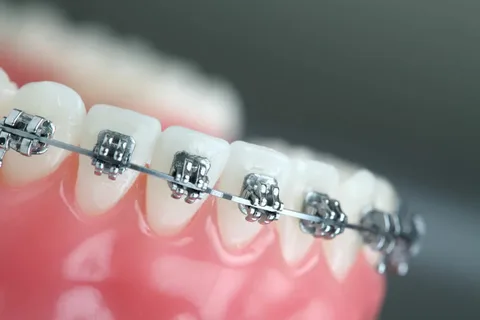
- Functional Impairment
- Aesthetic Concerns
- Speech Difficulties
- Preventing Tooth Migration
- Preserving Bone Health
- Improving Oral Health
- List Item #1
- List Item #2
- List Item #3
Types Of Dental Braces
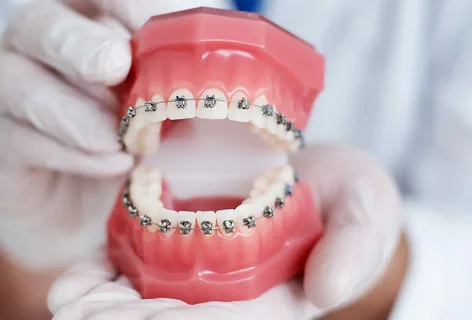
Traditional Metal Braces
Traditional metal braces consist of stainless steel brackets affixed to the front surface of each tooth and connected by metal wires. Effective for a wide range of orthodontic issues, durable, and typically more affordable.
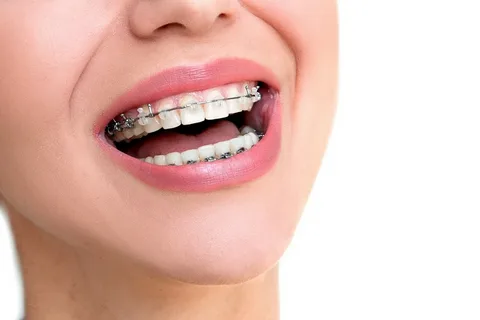
Ceramic Braces
Ceramic braces use tooth-colored or clear brackets, making them less noticeable than traditional metal braces. The wires may also be tooth-colored
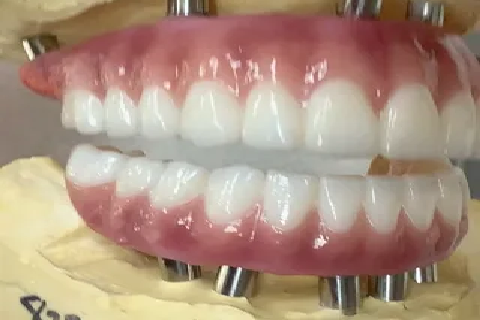
High Translucency Zirconia
High Translucency Zirconia is designed to enhance the translucency of the crown, making it more aesthetically pleasing. It is often used for crowns in visible areas of the mouth.
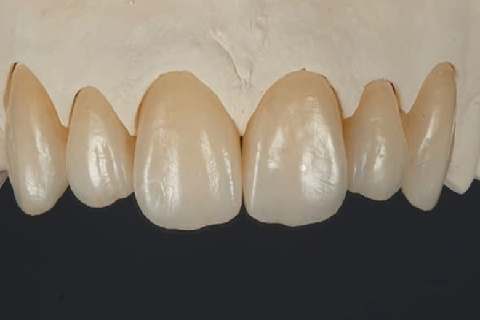
Bruxzir Solid Zirconia
Bruxzir Solid Zirconia is a specific brand of zirconia crowns known for its high strength and resistance to fractures. It is often used in cases where strength is a primary concern.
CAUSES OF DENTAL BRACES
Dental braces are not caused by a specific factor; instead, they are a dental treatment used to address various orthodontic issues. Braces are recommended by orthodontists to correct problems related to the alignment of teeth and jaws.
Crowded Teeth
Insufficient space in the jaw for teeth to align properly can lead to crowding.
Overlapping Teeth
Overlapping teeth may occur due to genetics, inadequate jaw size, or the loss of adjacent teeth.
Protruding Teeth
Protruding or "buck" teeth may result from a discrepancy between the upper and lower jaw sizes.
Jaw Misalignment
A dysfunctional bite, where the upper and lower jaws do not align properly, can be caused by genetic factors or childhood habits.
Dental Braces
Symptoms of Dental Braces
- Discomfort or Soreness
- Tightness
- Difficulty Eating
- Speech Changes
- Mouth Sores or Irritation
- Wire or Bracket Movement
How To Take Care Missing Teeth
Taking care of your oral health, especially when you have missing teeth, is important to prevent complications and maintain overall well-being. Here are some tips on how to care for missing teeth:
Floss Regularly: Floss between your remaining natural teeth and around dental appliances to remove plaque and prevent gum disease. If you have dental bridges or implants, use floss threaders or interdental brushes for effective cleaning.
Use an Antiseptic Mouthwash: Rinse your mouth with an antiseptic or fluoride mouthwash to help control bacteria and maintain oral hygiene. Consult your dentist for recommendations based on your specific needs.
Visit Your Dentist Regularly: Schedule regular dental check-ups, even if you have missing teeth. Your dentist can monitor the health of your remaining teeth, assess your gum health, and address any concerns promptly.
Consider Dental Appliances If you have missing teeth, your dentist may recommend dental appliances such as bridges, dentures, or implants to restore function and aesthetics. Follow your dentist’s instructions for care and maintenance of these appliances.
FAQs
Regular dental check-ups are essential for early detection of oral issues, preventive care, and maintaining overall oral health.
It is recommended to brush teeth at least twice a day, in the morning and before bedtime, using fluoride toothpaste.
Dental floss is used to clean between teeth and below the gumline, where toothbrushes may not reach, preventing plaque buildup and cavities.
Preventing cavities involves maintaining good oral hygiene practices, including regular brushing, flossing, limiting sugary foods, and attending dental check-ups.
Dental X-rays help dentists identify issues not visible to the naked eye, such as cavities between teeth, impacted teeth, and bone health.
Fluoride helps strengthen tooth enamel, making it more resistant to decay. It is often found in toothpaste, mouthwash, and some municipal water supplies.
